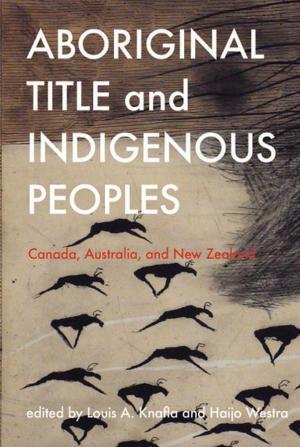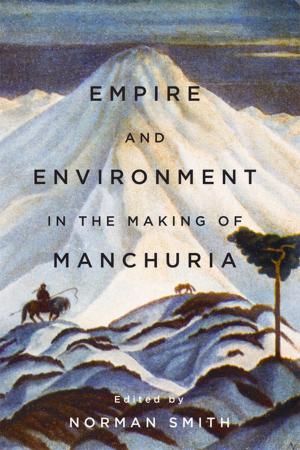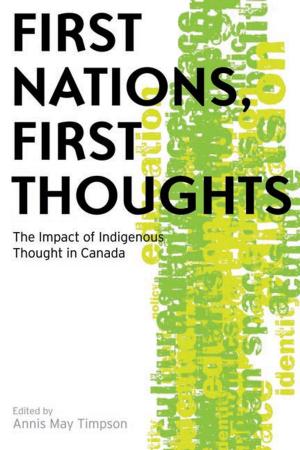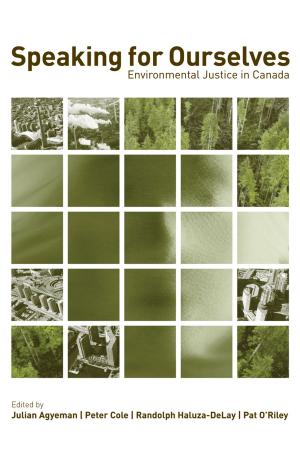Where the Rivers Meet
Pipelines, Participatory Resource Management, and Aboriginal-State Relations in the Northwest Territories
Nonfiction, Social & Cultural Studies, Social Science, Cultural Studies, Native American Studies, Political Science, Government, Public Policy, Science & Nature, Nature, Environment, Environmental Conservation & Protection| Author: | Carly A. Dokis | ISBN: | 9780774828482 |
| Publisher: | UBC Press | Publication: | July 1, 2015 |
| Imprint: | UBC Press | Language: | English |
| Author: | Carly A. Dokis |
| ISBN: | 9780774828482 |
| Publisher: | UBC Press |
| Publication: | July 1, 2015 |
| Imprint: | UBC Press |
| Language: | English |
Oil and gas companies now recognize that industrial projects in the Canadian North can only succeed if Aboriginal communities are involved in the assessment of project impacts. Are Aboriginal concerns appropriately addressed through current consultation and participatory processes? Or is the very act of participation used as a means to legitimize project approvals?
Where the Rivers Meet is an ethnographic account of Sahtu Dene involvement in the environmental assessment of the Mackenzie Gas Project, a massive pipeline that, if completed, would transport gas from the western subarctic to Alberta, and would have unprecedented effects on Aboriginal communities in the North.
Carly A. Dokis reveals that while there has been some progress in establishing avenues for Dene participation in decision making, the structure of participatory and consultation processes fails to meet expectations of local people by requiring them to participate in ways that are incommensurable with their experiential knowledge and understandings of the environment. Ultimately, Dokis finds that despite Aboriginal involvement, the evaluation of such projects remains rooted in non-local beliefs about the nature of the environment, the commodification of land, and the inevitability of a hydrocarbon-based economy.
Oil and gas companies now recognize that industrial projects in the Canadian North can only succeed if Aboriginal communities are involved in the assessment of project impacts. Are Aboriginal concerns appropriately addressed through current consultation and participatory processes? Or is the very act of participation used as a means to legitimize project approvals?
Where the Rivers Meet is an ethnographic account of Sahtu Dene involvement in the environmental assessment of the Mackenzie Gas Project, a massive pipeline that, if completed, would transport gas from the western subarctic to Alberta, and would have unprecedented effects on Aboriginal communities in the North.
Carly A. Dokis reveals that while there has been some progress in establishing avenues for Dene participation in decision making, the structure of participatory and consultation processes fails to meet expectations of local people by requiring them to participate in ways that are incommensurable with their experiential knowledge and understandings of the environment. Ultimately, Dokis finds that despite Aboriginal involvement, the evaluation of such projects remains rooted in non-local beliefs about the nature of the environment, the commodification of land, and the inevitability of a hydrocarbon-based economy.















